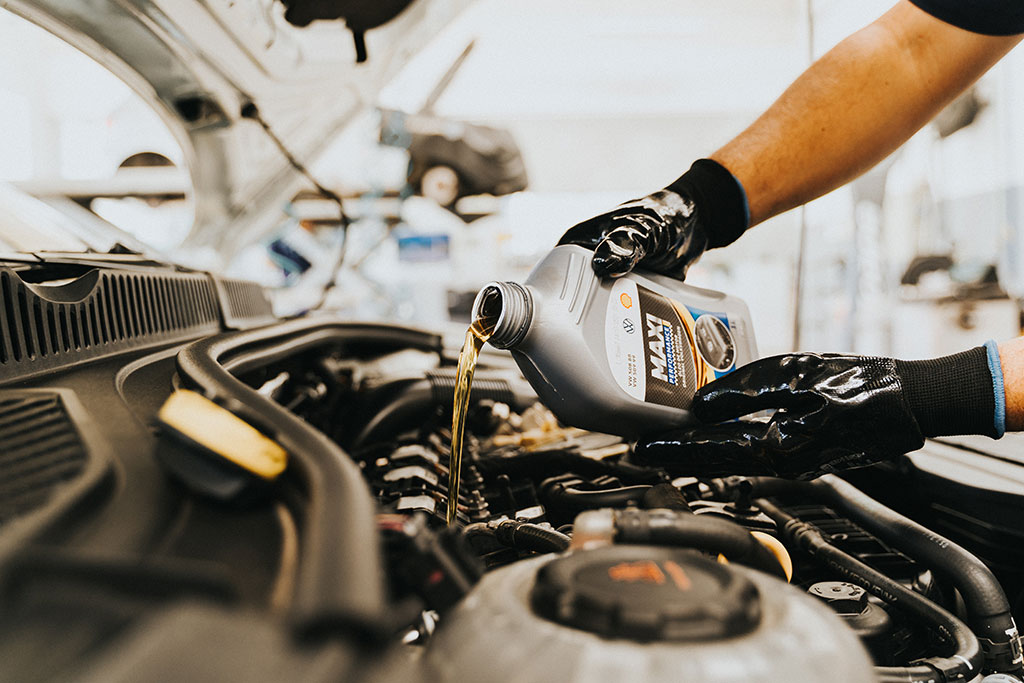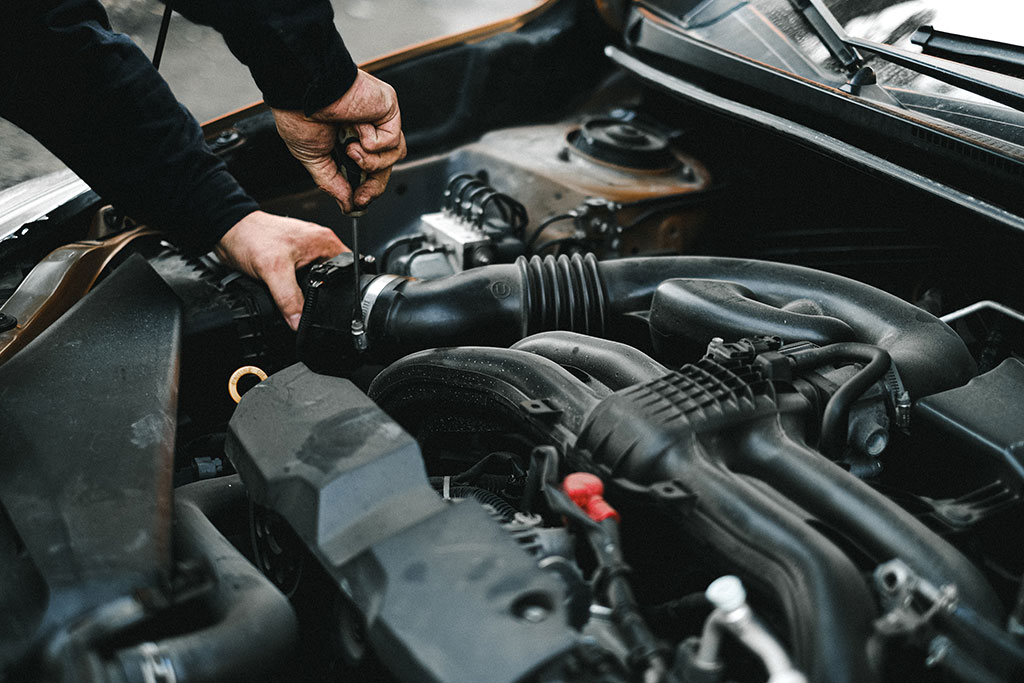How to Extend the Life of Your Vehicle
Whether you’ve just purchased your dream vehicle or a practical, everyday commuter car, it’s important to devote regular time and effort to caring for it.
After all, this may be one of the most valuable investments you ever make besides your home, and if you shrug away upkeep, you may find yourself returning to the sales lot sooner than expected. This compilation of tips can help you pilot your car to 100,000 miles and beyond—and enjoy many years in the captain’s seat.

Drive safely
One of the most surefire ways to prolong the life of your vehicle is to operate it properly. To be a safer driver, avoid sudden acceleration or braking—in other words, don’t “slam” on either pedal—and habits like tailgating and frequent lane changing, which can increase your chances of being involved in a collision. Drive according to all posted speed limits, and don’t drive on unpaved or extremely damaged roads (unless you drive an off-road-capable vehicle and shift to the proper performance mode).
If you own a car with manual transmission, adhere to good shifting habits; this guide from the Stick Shift Driving Academy offers a comprehensive breakdown of best practices. No matter your transmission type, though, always come to a complete stop before switching between the reverse, park, and driving gears.
Don’t overload your car with more weight than its indicated payload or tow rating can handle; your vehicle’s manual should include this information. Additionally, always park in a safe location like a garage or covered carport, especially in periods of inclement weather. Finally, don’t leave your vehicle stationary for too long; drive it at least once per week to safeguard systems such as the battery.

Make maintenance a priority
While diligent driving can extend the life span of your vehicle, staying on top of its maintenance needs might be even more impactful. These tasks can help catch problems early, before they develop into severe issues like engine failure that will cut your vehicle’s life short. Regular maintenance can even prevent issues altogether.
You should refer to your manual for a guide to maintenance tasks and timelines for your car’s specific make, model, trim, year, and powertrain. However, these general tips are essential for maintaining any vehicle.
- Schedule regular oil changes. The recommended range varies drastically by your vehicle type and which oil you use. (Synthetic oils tend to last longer.) To determine when a change is needed, check the oil life reader on your vehicle’s dashboard, or inspect the dipstick under your hood once a month.
- Have your tires rotated every 6,000–8,000 miles, and request an alignment and a tire-wear inspection as well. Kelley Blue Book recommends replacing your tires once the tread reduces to 2/32 of an inch.
- Replace your brake pads after every 25,000–50,000 miles, or as soon as you feel or hear them respond unusually.
- To preserve the resale or trade-in value of your vehicle, keep it clean. Wash the exterior often, tidy up and vacuum the interior before it gets noticeably grimy, and spot-clean any smudges or spills before they become stains.
- If you drive an electric vehicle, follow your manual’s tips for preserving the battery. It should include recommendations for healthy charge levels (usually between 20 and 80 percent), what types of chargers and cords are needed, and how to use systems like regenerative braking.
- Once your vehicle exceeds 100,000 miles, schedule an inspection of components that often expire at this mileage, including the spark plugs, hoses, and transmission filters.

Repair or beware
Whether you or your dashboard indicator light notices them first, have any problems repaired as soon as possible; even slight ones deserve immediate attention. These can include small windshield chips or cracks, loose weatherstripping around windows, noisy brakes, a wobbly steering wheel, a difficult gear shift, and unusual sounds, odors, or sensations when driving.
Car repairs are often costly investments, but the sooner you address a problem, the lower the expense is likely to be. For example, squeaky brakes may be a sign of deteriorating brake pads. While this is certainly not a cheap fix, continuing to drive while ignoring this issue can lead to broken rotors and calipers—far more intensive and costly parts to repair.
However, even if you are as diligent as possible when caring for your vehicle, you may someday reach a tipping point: when your car becomes “totaled.” This is the point at which the necessary repair costs for a vehicle exceed its actual cash value, or its potential resale price when restored to proper running condition. For example, Kelley Blue Book estimates a 2001 Toyota Corolla has a fair purchase price range of $2,260–$2,358 as of this publication. If this car’s air conditioning fails and requires a new compressor, these repairs can cost as much as $2,515—potentially exceeding the total value of the car. At this point, investing in maintaining the car becomes more of a financial sink than necessary. It’s widely recommended that you should shop for a new vehicle instead to get the best bang for your buck.
Following the tips in this guide to maintain your vehicle can help you preserve it as long as possible. While there are no guarantees in the automotive world, keeping a close eye on this complex and sometimes fickle technology can prolong your investment, potentially saving you money over time.


















